News
Post study visit: Inclusive education and skills development
It gathered participants from Italy, Spain, Belgium, Greece, Switzerland, and Slovenia
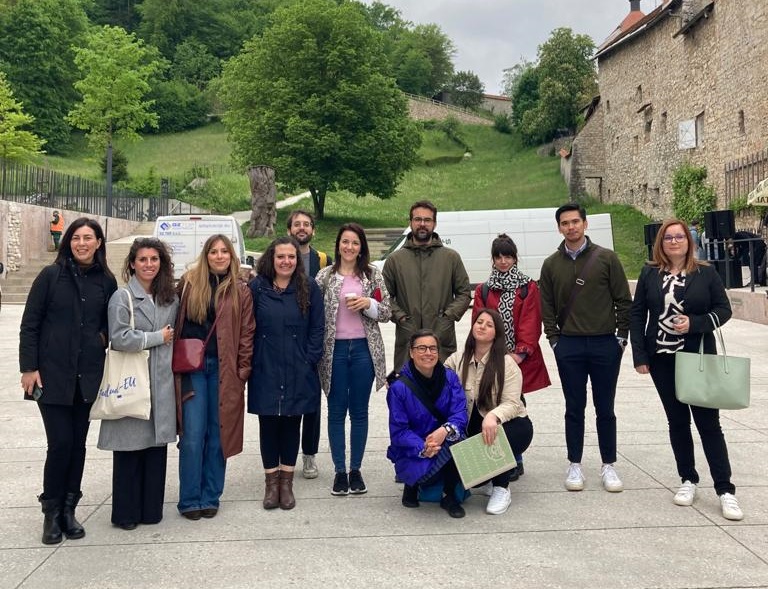
On the 18–19 of May 2023, IOM Slovenia and the Adult Education Center Jesenice welcomed representatives of the Includ-EU participating organizations in Slovenia during a study visit addressing inclusive education and skills development. First day was dedicated to round table discussions on enrolment of migrant children in education and skills development, while visits of Škofja Loka and Jesenice were held on the second day.
Day 1: 18 May
In her opening speech on 18 May, Dr Aida Kamišalić Latifić, State Secretary from the Ministry of Digital Transformation, emphasized that there is no digital transformation without digitally skilled people, including migrants, especially as everything can be taken away from you but knowledge. Mr Primož Jamšek from the Government Office for Support and Integration of Migrants outlined migrant inclusion in Slovenia and recent legislative and policy changes. Among challenges, he emphasized the need for more structured support for labour market inclusion of migrants.
In the first roundtable discussion, Ms Mija Javornik from the Ministry of Education, Ms Alenka Trauner from the Primary School Livada, Dr Anica Mikuš Kos, President of the Slovenian Philanthropy, and Dr Marijanca Ajša Vižintin, Research Fellow at the Slovenian Migration Institute, Research Centre of the Slovenian Academy of Sciences and Arts, discussed enrolment of migrant children in education. Ms Javornik emphasized that education is a fundamental human right, therefore the Ministry of Education strives to promote a safe and stimulating learning environment, respecting the principle of non-discrimination and enhancing individual approach to a pupil’s learning needs. As the Government has launched the process of reviewing the national educational curricula for pre-school, primary and secondary level of education, sustainability content will be placed at the core of the reform. Ms Trauner outlined the efforts developed by the Primary School Livada enrolling pupils speaking more than 30 different languages. In addition to development of a two-step model enrolment of migrant children into the educational process, the school strives to promote life-long learning opportunities to enhance the professional development of school staff, and strengthen the enabling and welcoming environment for pupils. Dr Vižintin presented the model of intercultural education she developed, emphasizing the importance of enhancing intercultural competences of professionals, and that school curricula should reflect our diversity. Dr Mikuš Kos elaborated on school as the protective factor for integration of migrant children, as it normalizes their lives and reintroduces them to their social role. Furthermore, school provides a message of humanity, solidarity and tolerance, as we should promote and strive for education for humanity.
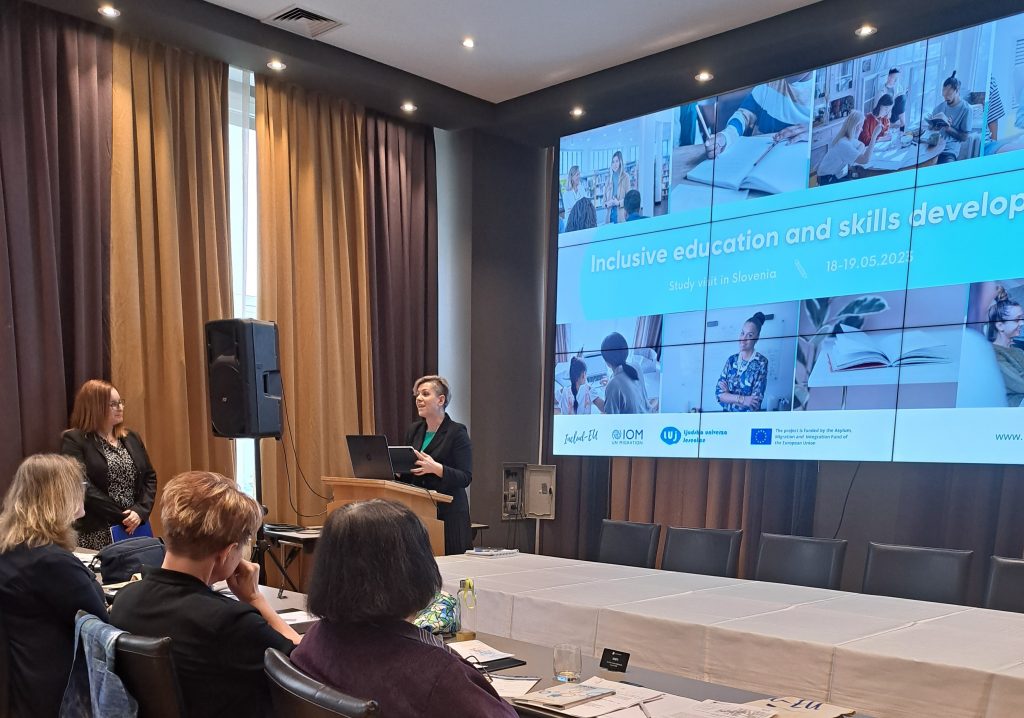
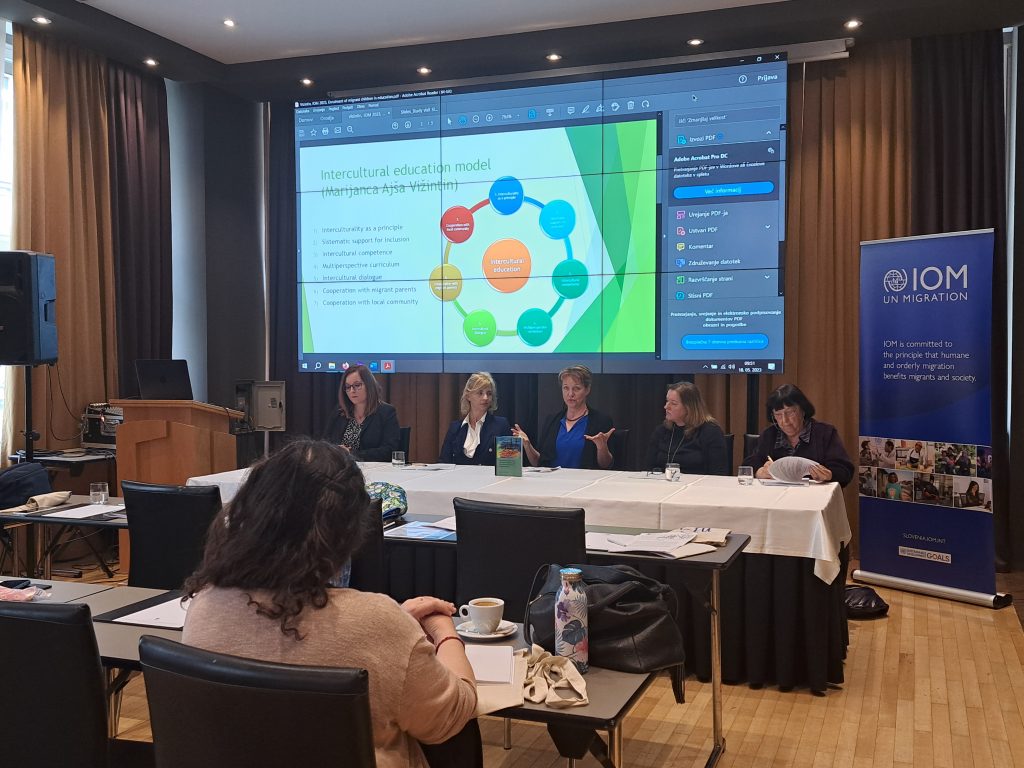
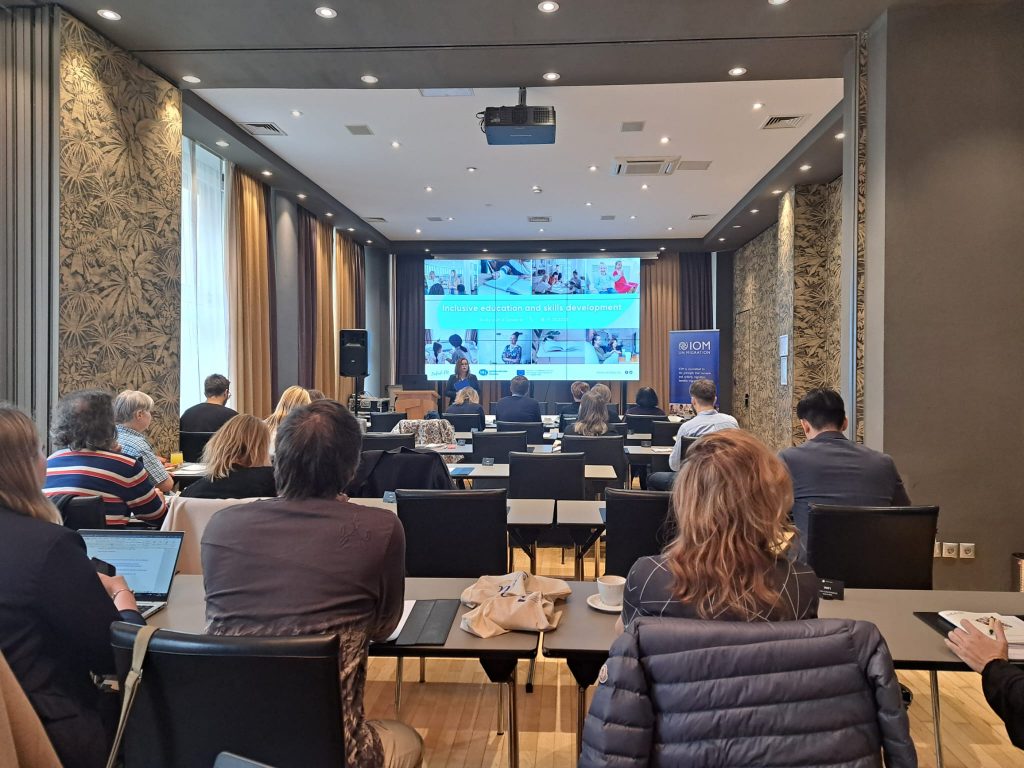

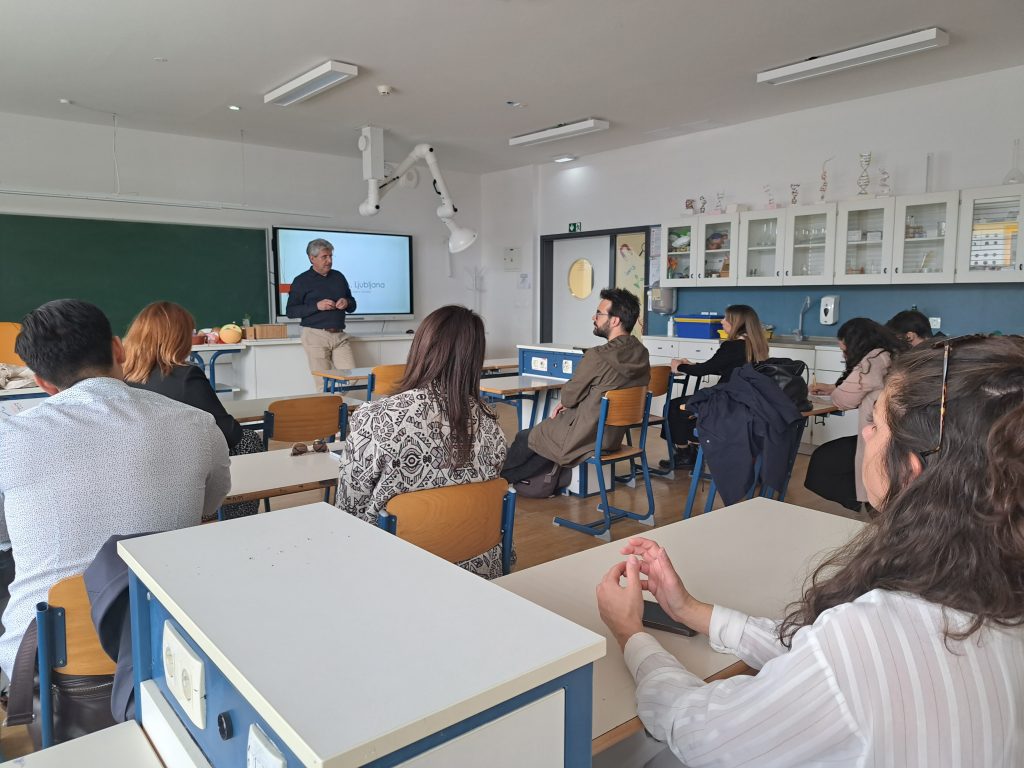
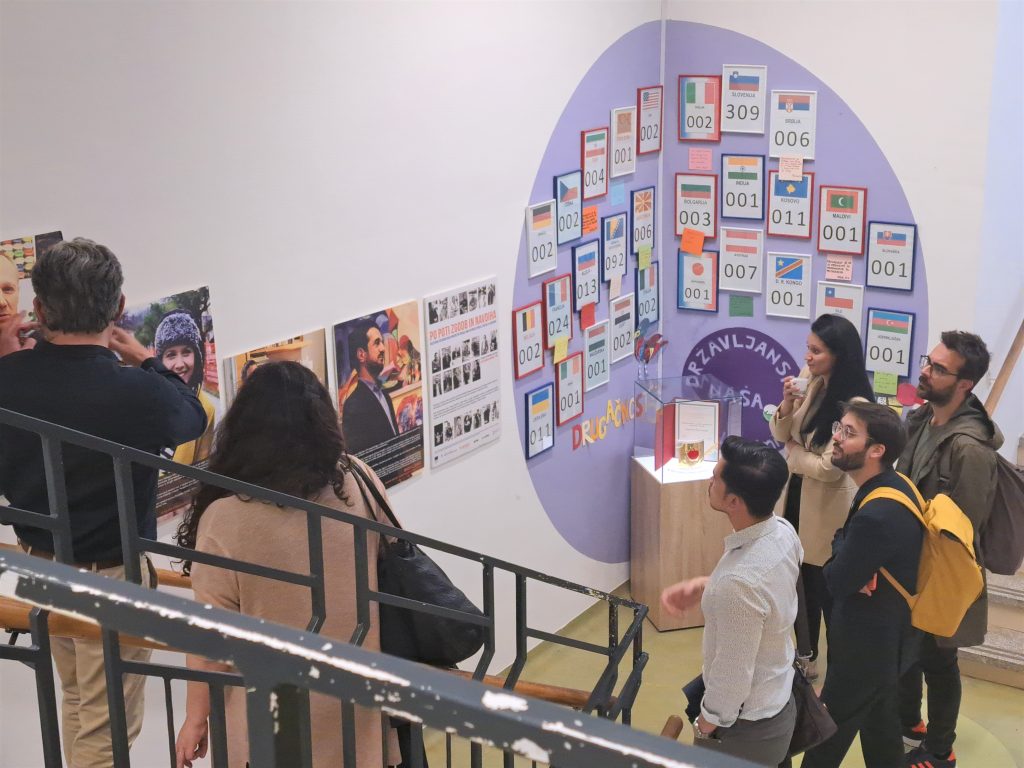
The second roundtable discussion addressed skills development, and life-long learning opportunities to enhance the inclusion of migrants. Mr Ace Dela Cruz, Programme Coordinator from the Labour Mobility and Social Inclusion Division at IOM Headquarter Geneva – Switzerland, outlined global trends and perspectives on migrant integration. He emphasized that inclusion is a two-way process, and that ageing populations contribute to increasing labour market needs. With the rise of migration, there is an enhanced need to address the anti-migrant sentiment. Ms Barbara Velkov from the Institute of the Republic of Slovenia for Vocational Education and Training (Center Republike Slovenije za poklicno izobraževanje – CPI) agreed that shortages of people with qualifications is characteristic also for Slovenia, and CPI develops qualifications based on labour-market needs. In Slovenia, vocational qualifications of Intercultural Mediator and Community Interpreter have been developed, representing a significant step forward in provision of quality cultural mediation, but also providing an opportunity for migrants to capitalize on their migrant background as an asset when accessing the labour market. Ms Majda Suljanović Hodžić, Director of the Adult Education Center Jesenice, presented numerous programs implemented by the Center to support migrant inclusion, emphasizing the importance of outreach to the migrant communities. In Jesenice, this is supported by the provision of intercultural mediation. She presented the pilot project developed and implemented in collaboration with IOM Slovenia in the framework of Includ-EU project, enhancing digital and Slovene language skills of migrants.
In the afternoon, the participants visited the Livada Primary School with more than 90% of pupils of migrant background. Mr Samir Haznadar, social worker at the school, outlined their model of enrolling migrant children, and their collaboration with parents and other stakeholders to enhance the enabling and welcoming environment at the school. The Livada Primary School is an example of a good practice in successfully enrolling migrant children and a leader of pioneering and inclusive intercultural practices and educational approaches in Slovenia.
Day 2: 19 May
On 19 May, study visit participants visited Škofja Loka and Jesenice. In Škofja Loka, Mr Rok Primožič, Head of the Department of Social Affairs at the Municipality of Škofja Loka, presented the Municipal advisory body on integration and inclusion of migrants. Among challenges, he identified community sensitization and awareness-raising activities, to strengthen the welcoming environment. Ms Nina Arnuš from the Tri Institute outlined their activities of providing integration support and skills development programs for migrants with a focus on migrant women. In Jesenice, Ms Tina Repovž, Deputy-Mayor of the Municipality of Jesenice, welcomed the participants and presented the municipal approach to migrant inclusion. Ms Majda Suljanović Hodžić, Director of the Adult Education Center Jesenice, and her colleagues outlined a range of activities implemented by the Center to support migrant inclusion, from Slovene language courses, provision of cultural mediation, career counselling, skills development opportunities, etc.
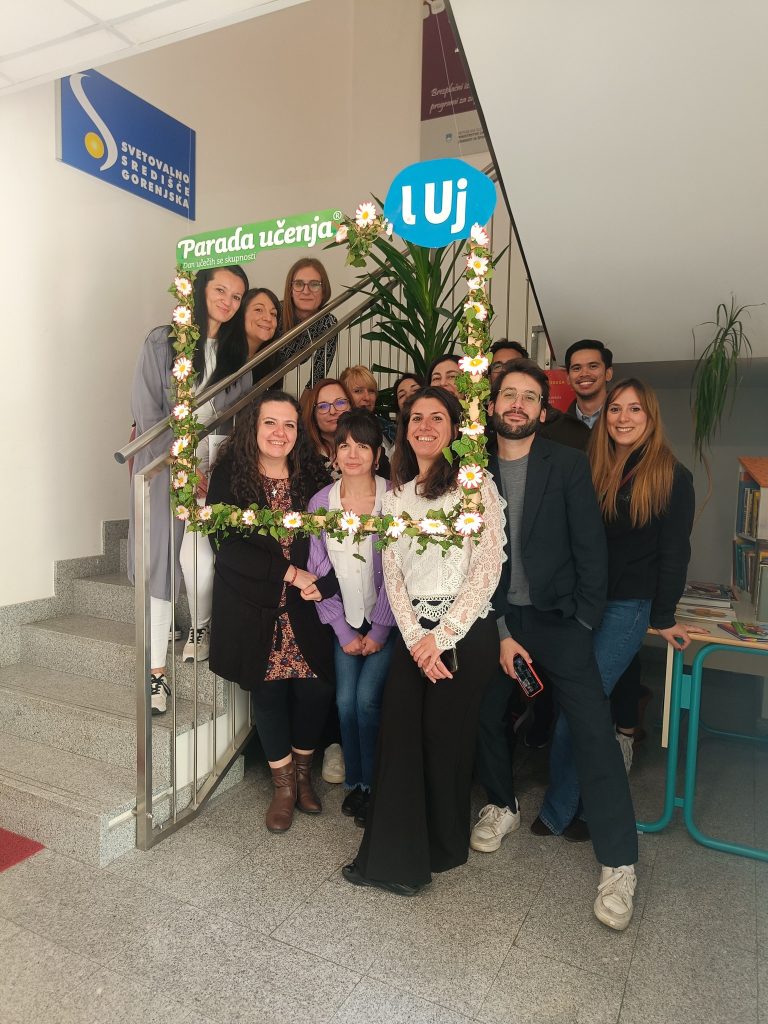

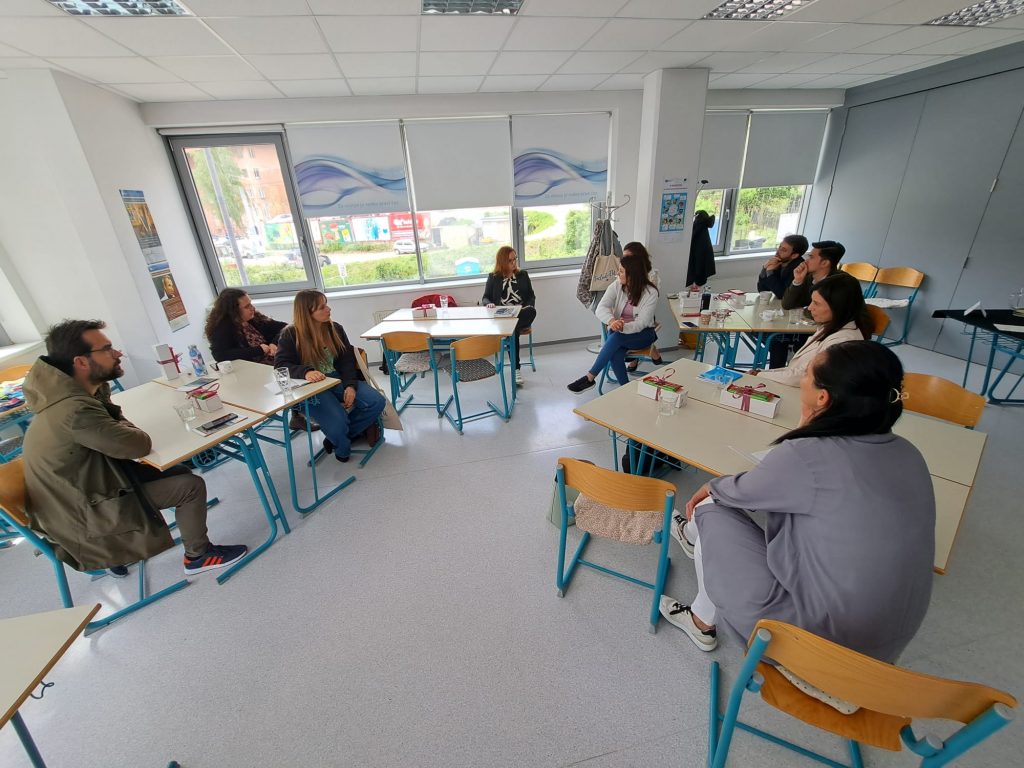
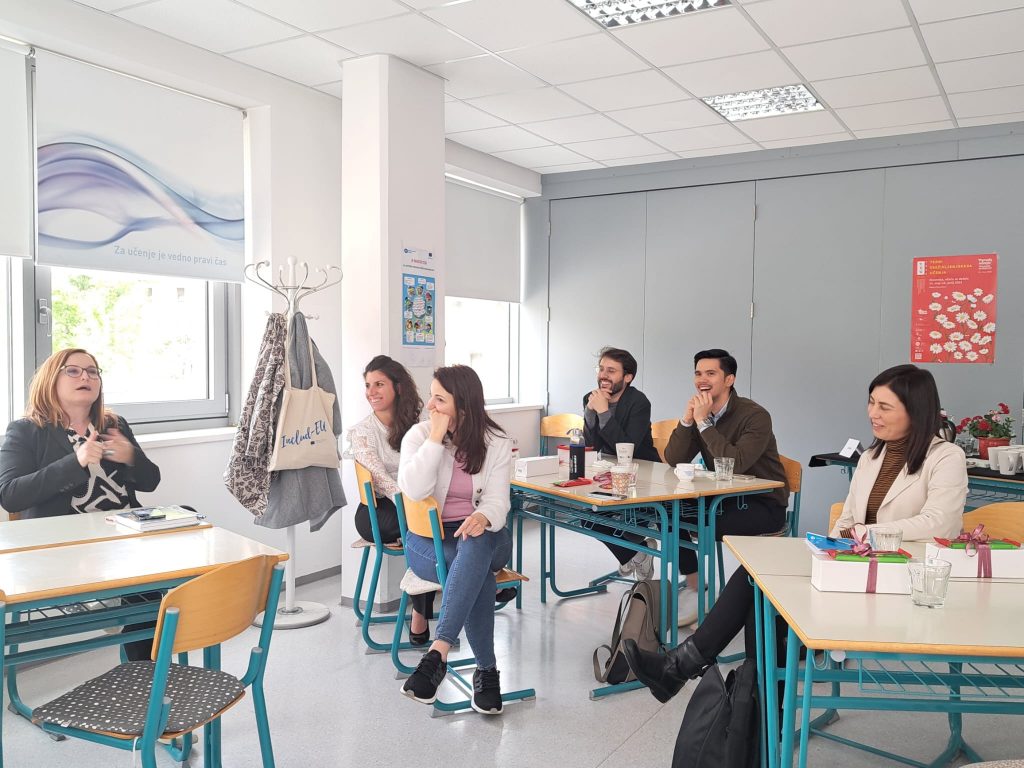
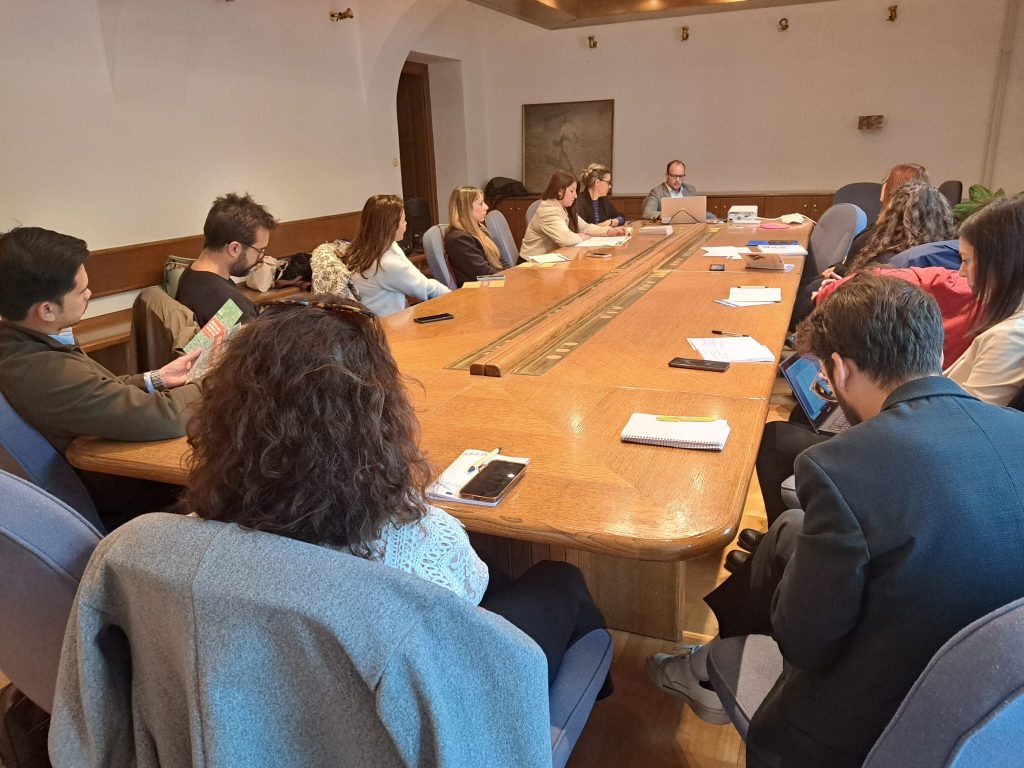

The study visit concluded with a Migrantour of Ljubljana led by Ali from Syria. The cities of the Migrantour network offer intercultural urban walks designed and led by citizens of migrant origin. A zero-mile responsible tourism experience to better understand the role of migration in the transformation of European societies.
Equal access to and participation in formal and non-formal education significantly contributes to integration and inclusion of migrants. The study visit gathered participants from Italy, Spain, Belgium, Greece, Switzerland, and Slovenia, who discussed challenges related to enhancing inclusive educational sector and developing accessible and available skills development opportunities for migrants.
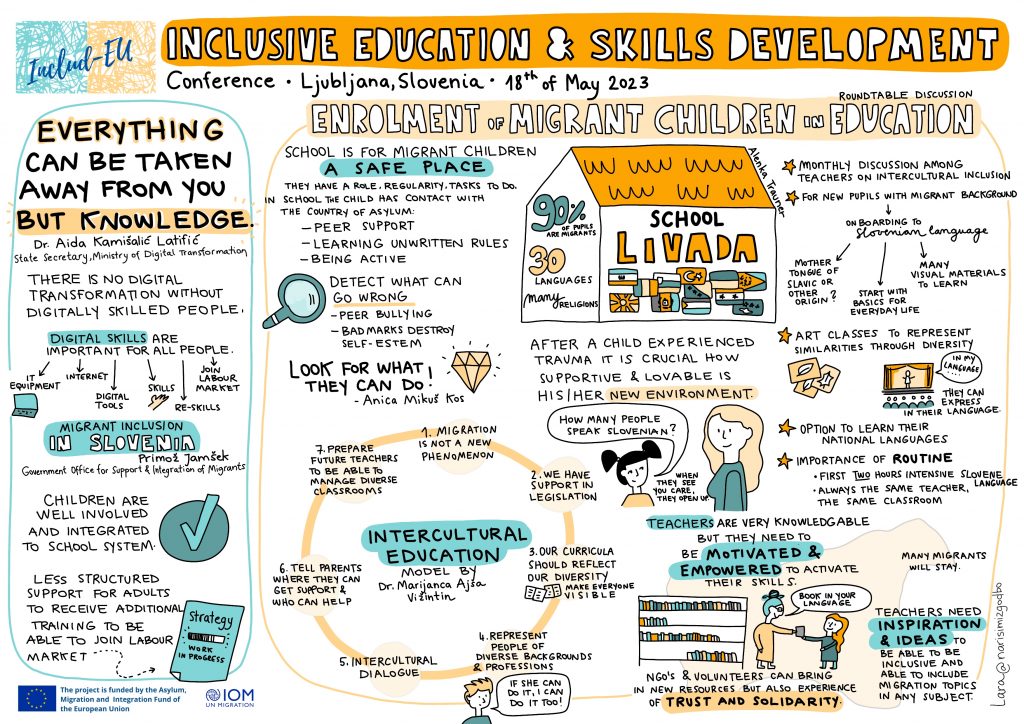

Do you want to share your project with our community and stakeholders?